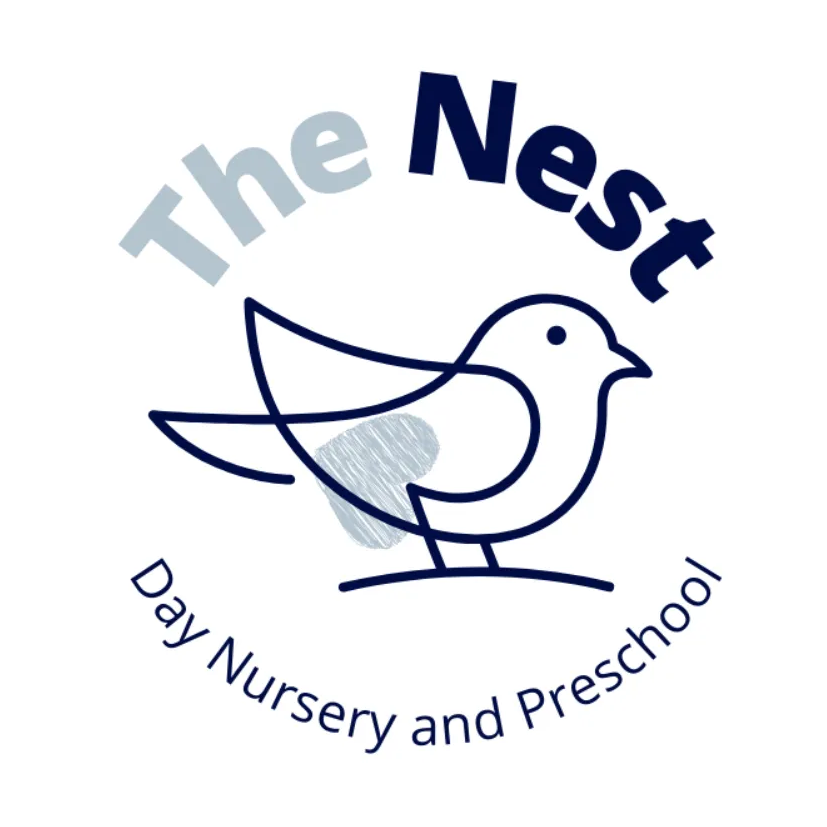Exploring Early Maths Through Play: How We Bring Numbers to Life
- Carly S
- Aug 6
- 2 min read
For many parents, hearing “maths” might spark memories of drills and worksheets. But in the world of early childhood, maths is much more playful, natural, and even rhythmic than you might expect!
At The Nest, we believe that early maths learning happens best when it’s part of children’s everyday play, routines, and discoveries—not just in formal lessons. The best part? Your little one is likely exploring maths concepts without even realising it.
Here’s how we introduce foundational maths ideas in fun, hands-on, and age-appropriate ways.
Singing and Rhymes: Building Counting Confidence
Chances are your child has already enjoyed classics like “Five Little Ducks” or “Ten Green Bottles.” These songs do more than entertain—they’re brilliant for early numeracy skills.
Through songs and rhymes, children learn to:
Count forwards and backwards
Recognise number sequences
Understand adding and taking away one
Develop rhythm and memory skills
We often use these tunes during transitions, such as tidy-up time or lining up, turning everyday moments into lively maths learning opportunities.
Counting in Everyday Activities
Maths naturally appears throughout daily routines, and we use these times to gently reinforce number ideas.
For example:
Counting cups or plates at snack time
Sharing toys or blocks fairly
Matching pairs like socks or shoes
Talking about concepts like “more” and “less” during play
These real-life maths experiences help children understand numbers as meaningful tools, not just symbols.
Mark-Making and Learning Maths Language
Before children write numbers, they explore mark-making using crayons, paintbrushes, sticks, or their fingers in sand.
This creative play helps them:
Discover shapes and patterns
Start forming number shapes
Explore measurement concepts like “longer” or “shorter”
Develop fine motor skills essential for writing
Alongside this, we introduce maths words such as “big,” “small,” “tall,” “short,” “near,” “far,” “heavy,” and “light” to expand their understanding.
Blocks, Puzzles & Sorting: Thinking Like Mathematicians
Open-ended toys like blocks, puzzles, and shape sorters encourage children to develop spatial awareness, problem-solving, and sorting skills—key foundations for maths.
We ask questions like:
“Which tower is taller?”
“Can you find the piece that matches this shape?”
“What pattern comes next?”
These prompts encourage kids to think mathematically while having fun exploring and experimenting.
Why Play-Based Maths Matters
In early childhood, maths isn’t about getting the “right answer.” It’s about sparking curiosity, building confidence, and developing a sense of numbers, patterns, and space.
By experiencing maths through enjoyable, meaningful activities, children are more likely to:
Feel comfortable with numbers
See how maths relates to everyday life
Develop a positive attitude toward learning
And when they eventually face formal maths lessons, they’ll have a strong, playful foundation to support them.
Final Thoughts
So next time you notice your child counting stairs, lining up toys, or joyfully singing number songs, remember they’re doing more than playing.
They’re engaging in powerful early learning that helps them understand their world—one number, one rhyme, and one scribble at a time.
We’re proud to nurture early maths in ways that are joyful, active, and full of discovery—because that’s where true learning happens.




Comments